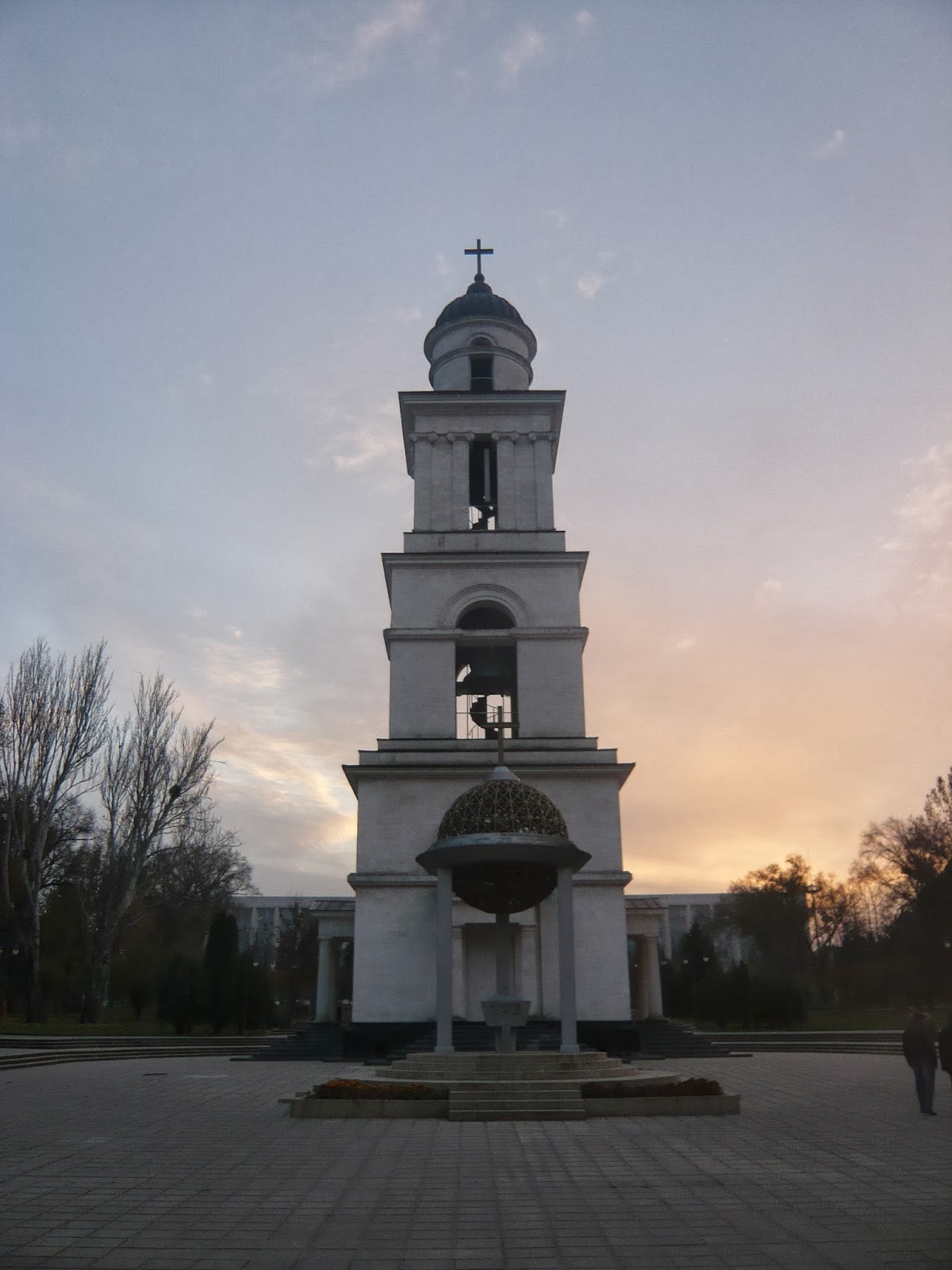There’s a cheap back door into Azerbaijan unlocked by Wizz Air. Flights are via Budapest where I stopped off to bathe at the Gellert & rode the Children’s Railway through the Buda hills in rain which never relented.
My time in Baku started with a grilling in passport control.
“I see you were in Armenia. Why?”
"Tourism,” I answered, which was met with a raised eyebrow before I was reluctantly waved through. At least it prepared me for the verbal barrage from the waiting taxi drivers who shamelessly lied about bus connections.
My first impression of the city was
cats. They were everywhere; strolling through the airport arrivals hall or sleeping in the metro. The old town even had a cat sculpture embedded in a honey-stoned alcove
 |
| Caspian Sea |
Baku is an ancient & isolated city, ringed once by walls, then by desert and partially moated by the oil-rich Caspian Sea. The old town sits in the shadow of an architectural playground funded by the oil that once lapped against the walls. Zaha Hadid’s cultural centre is the most beautiful, sculptured angles draped in a silk throw. Elsewhere are gigantic towers, a Freudian flagpole & Eurovision glitter. And you can’t miss the Carpet Museum, a vast carpet rolled tightly on the promenade. Baku may not be the prettiest place to visit but it was certainly the windiest. Walking along the Caspian shore, my glasses were blown from my face. I hastily employed two boys walking past to find them as I staggered around in a blurred frenzy. They turned up further down the boardwalk, sheltering under a bench & nursing a slight lens chip.
 |
| Baku Flame Towers |
The suburbs are dustier with oil derricks crammed into back yards; each tiny plot a potential money-pot. The near horizon is a constant blur of nodding donkeys soundtracked by the putting of home-made generators. I spent a day on buses and subway trains, mopping up sites outside the centre; A mountain on fire, a Zorastrian temple and inbetween, car repairs and roadside markets, all the untidy businesses of suburbia.
 |
| Zaha Hadid's architecture |
Soviet Baku has been mostly swept away with oil money but nestling in the new town is a beautiful old USSR football stadium built from tufa stone & formerly named after Lenin. Lenin, of course, is long gone and the statue outside now honours a local; Tofiq Bahramov, fondly remembered in England as “the Russian Linesman” after his assist to Geoff Hurst during the 1966 World Cup final. Baku had many faces; conservative Islam & boomtown economics, cobbled old town & Soviet drab, but at its heart was the romantic city of Ali & Nino, still just identifiable amidst the glass & steel of oil wealth.


















